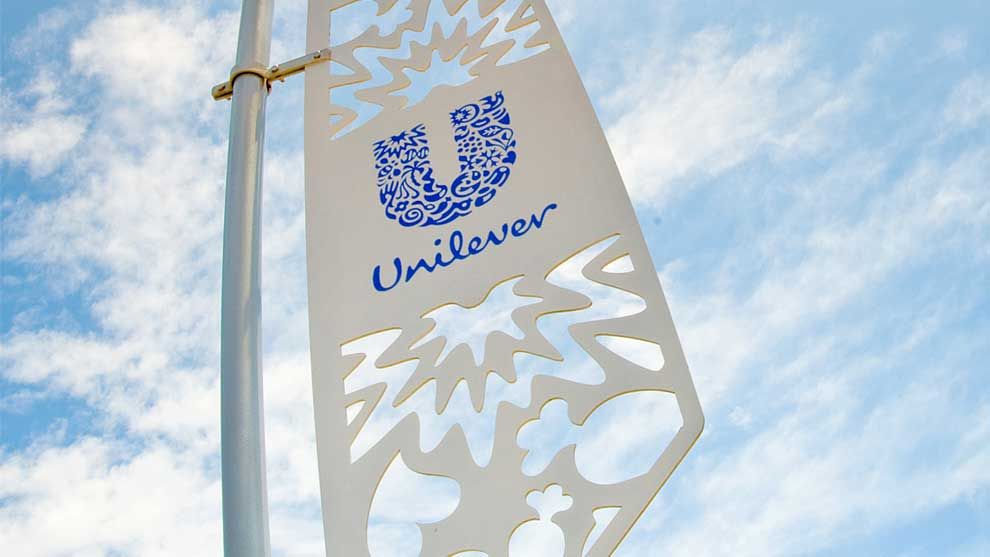Consumer goods giant Unilever says it has notched up one of the highest ESG evaluation scores awarded by ratings agency S&P.
The British-Dutch multinational scored an impressive 89 out of 100 in its ESG evaluation – with 100 indicating the lowest risk and zero the highest.
The rating includes a ‘best-in-class’ preparedness score as S&P forecasts the firm is well placed to withstand a range of potential ESG risks, supported by a robust long-term strategy.
Overall, the firm – which generated revenues close to EUR 51bn in 2018 – achieved a score of 73 for its environmental efforts, 72 for social, and 79 for governance.
Noting the company’s active waste management initiatives, the S&P report stated: “Unilever’s environmental profile reflects our view of the company’s ability to achieve its ambitious environmental targets, with a strong focus on mitigating impacts across the entire value chain.
“Like other players in the industry, Unilever is exposed to complex issues like plastic usage. The majority (60%) of Unilever’s waste is from plastic packaging, but waste recycling has been robust, at above 95% of total waste. The company also recently announced its efforts to recycle black plastic waste.”
The report also revealed Unilever’s green house gas (GHG) emissions score are below the global sector average and continue to reduce due to Unilever’s increasing use of renewable energy.
Its factory CO2 energy emissions were 52% lower in 2018 per tonne of production compared to 2008, with 15 carbon neutral sites, according to the ratings agency.
However, while Unilever aims to halve the amount of water associated with its products by 2020 – such as detergents that need less water for rinsing – S&P said the consumer goods titan is lagging behind on its target.
“We believe the company has a long way to go, given the dependency on consumer behaviour and the vast diversity of its sales. Unilever’s water required per consumer use was only 2% lower in 2018 than in 2010, as per the company’s estimate,” the evaluation report stated.
S&P also warned the company is falling behind on its target to halve the waste associated with disposal by 2020 after only achieving a 31% reduction as of 2018.








